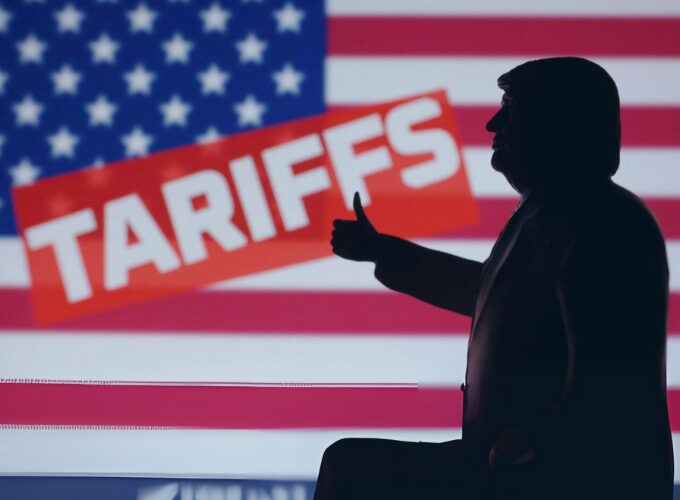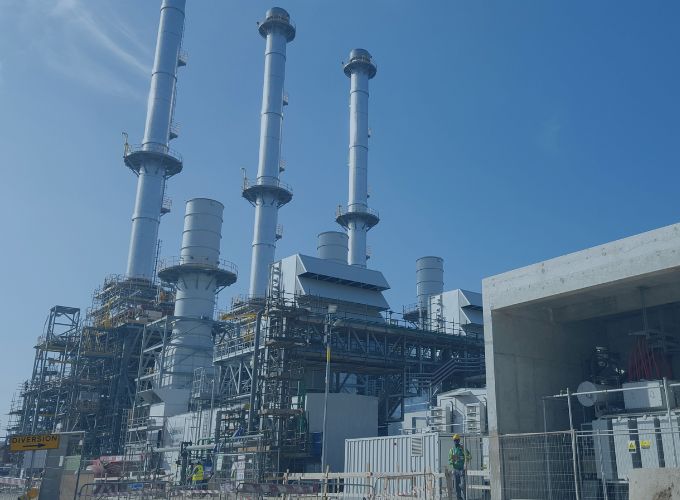The European Union is preparing emergency measures in case trade talks with the United States collapse ahead of an 1 August deadline, as Washington signals a more aggressive stance under President Donald Trump.
EU envoys are expected to meet this week to draw up a contingency plan after the US threatened sweeping tariffs on European goods. The Trump administration is now pushing for a near-universal tariff above 10%, covering almost 70% of EU exports to the US, with limited carve-outs for specific sectors such as aviation, medical devices and essential industrial equipment.
The EU still hopes to reach a deal in time, but talks in Washington last week made little progress, and Brussels is increasingly concerned that a no-deal scenario may be inevitable. Officials familiar with the discussions say a decision to retaliate would require political sign-off from national leaders, given the economic and diplomatic stakes.
President Trump has already imposed punitive tariffs on European cars and auto parts (25%), as well as steel and aluminium (50%). He has also signalled plans to target pharmaceuticals, semiconductors and copper with new duties. In a letter sent to the European Commission earlier this month, Trump warned of a blanket 30% tariff on most EU exports if an agreement is not reached.
While the US says the aim is to re-balance trade and protect domestic industries, the EU views the move as a clear case of economic coercion. “I am confident we’ll get a deal done,” said US Commerce Secretary Howard Lutnick on Face the Nation on Sunday, adding that he had spoken to European negotiators earlier that day. But privately, EU officials see Trump’s position as hardening and increasingly erratic.
The EU has already approved retaliatory tariffs on €21 billion worth of American goods in response to earlier metal levies. A second list of measures, targeting an additional €72 billion, is also in place and ready to be deployed. These would hit politically sensitive US exports including Boeing aircraft, bourbon, poultry, and cars — products designed to apply pressure in key Republican constituencies.
Officials are also looking beyond tariffs. Measures under consideration include export controls, restrictions on public procurement, and the activation of the EU’s so-called Anti-Coercion Instrument (ACI) — a powerful new trade tool that allows the bloc to respond to economic bullying by foreign governments.
If triggered, the ACI could lead to a broad range of retaliatory measures, including new taxes on US tech companies operating in Europe, restrictions on investment flows, or bans on US firms bidding for public contracts within the EU. Although the tool was originally conceived as a deterrent against coercion from states like China, a growing number of member states now support its potential deployment against the US.
In parallel to the tariff threats, both sides are still discussing non-tariff barriers, including digital trade standards, strategic supply chains, and steel and aluminium quotas. Talks are also focused on future exemptions, with the EU seeking to shield certain sectors and avoid future unilateral tariff increases.
The European Commission has declined to comment publicly on the negotiations, but officials privately say the bloc will not agree to any deal that fundamentally undermines its economic sovereignty. Member states were briefed on the state of play last Friday, with several warning that concessions must be weighed carefully against long-term strategic risks.
With just days to go before the deadline, the prospect of a damaging transatlantic trade rift is now very real. What began as a technical discussion over tariffs has rapidly escalated into a high-stakes geopolitical standoff — one that could reshape not only EU-US trade, but the broader global economic order.
You Might Also Like

Latest Article
Rebate Only Way To Have Big International Shows, Producers Say
Malta’s leading television production companies have defended their use of the government’s 40% cash rebate scheme. MeetInc reached out to the producers behind high-profile shows like Big Brother, Love Island, Family Feud and The Voice Kids following reports that government had supported their production. Each company told this newsroom that the scheme is essential to … Continued
|
22 July 2025
Written by MeetInc.

Access to Manoel Island Foreshore Enhanced
|
21 July 2025
Written by MeetInc.

Creative Workers In Malta Get Union Backing Through New MEIA–Solidarjetà Partnership
|
21 July 2025
Written by MeetInc.










